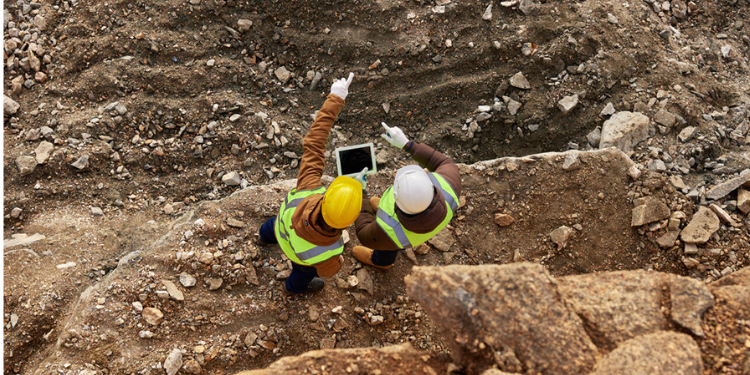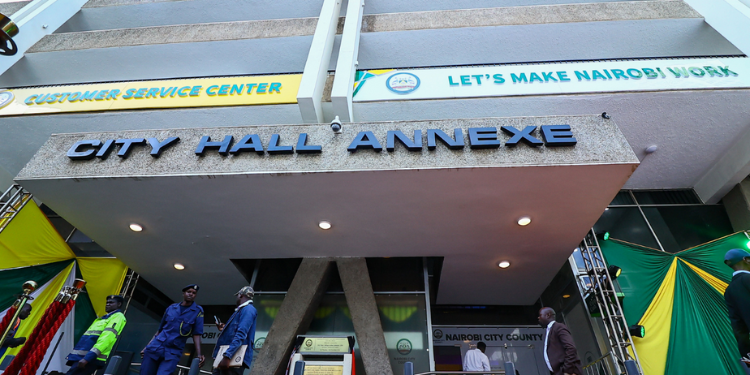The National Geodata Centre (NGDC), administered by the Directorate of Geological Surveys under the Ministry of Mining, is the primary site for geoscientific information in Kenya.
It fulfills the mission of the Mining Act 2016 to compile, publish, and disseminate geological data to the public.
How to Access
Accessing the data is straightforward, thanks to the Ministry’s push for transparency and digital transformation.
Step 1: Visit the NGDC Portal
To gain access to the data, potential users should begin by visiting the Directorate’s official webpage, where the role and services of the NGDC are described at ngdckenya.bgs.ac.uk.
Here, users can browse a searchable GeoNetwork catalogue that organizes data by region, mineral type, survey method, and publication date.
The Directorate functions include undertaking geological, geochemical, and geophysical surveys; developing a national geosciences database; and disseminating geological maps, reports, and datasets.
The portal features interactive maps and downloadable datasets.
Users can filter results to find specific geological maps, geochemical sampling results, or airborne geophysical data.
Step 2: Navigating the NGDC Portal
At the NGDC site, users can view datasets on geology, geochemistry, hydrogeology, structural mapping, and geophysics.
Each listing includes scale, year, and spatial coverage, with metadata summaries before download.
Available materials include geological maps, scanned bulletins, mineral occurrence databases, and geophysical grids.
Some files are open access, while others require registration or payment.
Users may submit requests directly through the NGDC platform or contact the Directorate’s headquarters at the Works Building, 3rd Floor, Ngong Road, Nairobi.
The portal and ministry pages contain contact details and downloadable request forms.
Submitting a Data Request
Applicants must specify:
- The geographical area of interest—by county or map sheet.
- The dataset type—geological, geochemical, or geophysical.
- The intended use—academic, commercial, or government.
Once received, the Directorate confirms data availability, prepares the material, and gives access instructions.
Digital formats include shapefiles, GeoTIFFs, and PDFs, all of which are compatible with GIS systems.
Hard-copy maps and bulletins are available for purchase through the Cartography Section.
Related Platforms
The Mining Cadastre Portal at portal.miningcadastre.go.ke complements the NGDC.
It lists mineral rights, exploration licences, and permit statuses.
The Cadastre focuses on ownership and licensing, while the NGDC provides the scientific data underpinning those applications.
Why Geological Survey Data Is Important
Geological survey data form the backbone of every country’s resource development strategy.
Geological survey data records the composition, structure, and distribution of rocks, minerals, and groundwater beneath the surface.
Without it, governments, investors, and researchers operate blindly when assessing the nation’s mineral and energy potential.
Accurate geological information lowers the cost of mineral exploration.
Companies can target promising zones instead of drilling blindly, reducing financial risk and environmental disturbance.
Governments also rely on geological data for revenue planning and policy design.
Also Read: How to Apply for a Mining License in Kenya
The value of mineral royalties, the viability of mining zones, and the distribution of infrastructure all depend on verified geological knowledge.
When building dams, tunnels, or highways, engineers must understand the stability of soil, the strength of rock, and the movement of groundwater.
Geological maps reveal fault zones and unstable formations that could compromise structures if left unaddressed.
Counties also use geological and hydrogeological maps to determine areas suitable for agriculture, settlement, or industry.
By understanding the natural composition of an area, policymakers can predict the effects of quarrying, deforestation, or waste disposal.
Strategic National Importance
For Kenya, accurate geological data supports Vision 2030 goals by enabling responsible mineral exploitation and industrial growth.
Also Read: How to Apply for a Mining Exploration Permit in Kenya
Without reliable survey data, mining policies remain a matter of guesswork, infrastructure faces geological hazards, and natural resources risk mismanagement.
With it, Kenya gains a transparent, scientifically grounded foundation for economic progress and environmental protection.
Follow our WhatsApp Channel and X Account for real-time news updates.
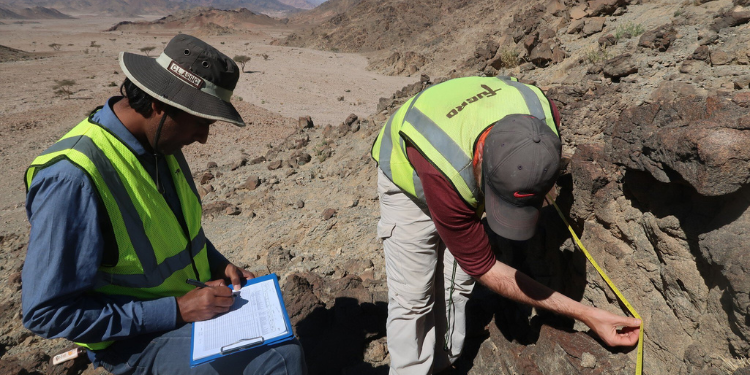

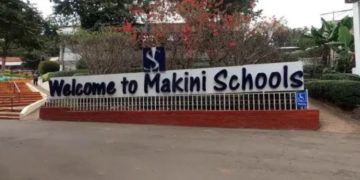

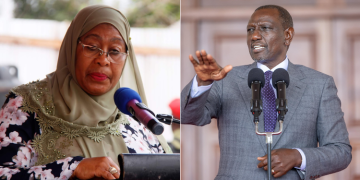
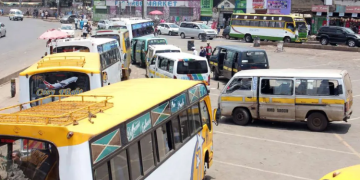












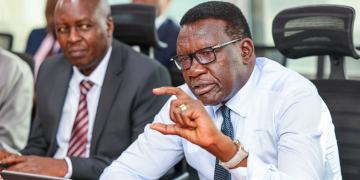
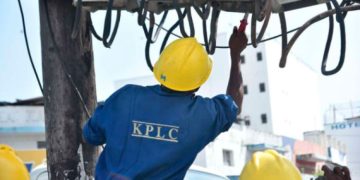
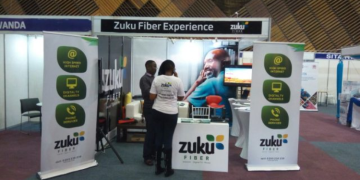
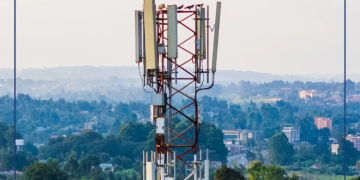
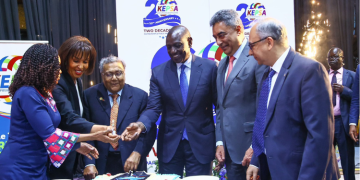


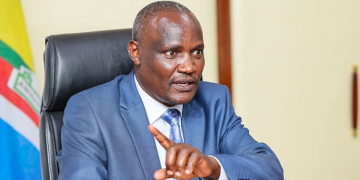




























![Senator Allan Chesang And Chanelle Kittony Wed In A Colourful Ceremony [Photos] Trans Nzoia Senator Allan Chesang With Channelle Kittony/Oscar Sudi]( https://thekenyatimescdn-ese7d3e7ghdnbfa9.z01.azurefd.net/prodimages/uploads/2025/11/Trans-Nzoia-Senator-Allan-Chesang-with-Channelle-KittonyOscar-Sudi-360x180.png)



















